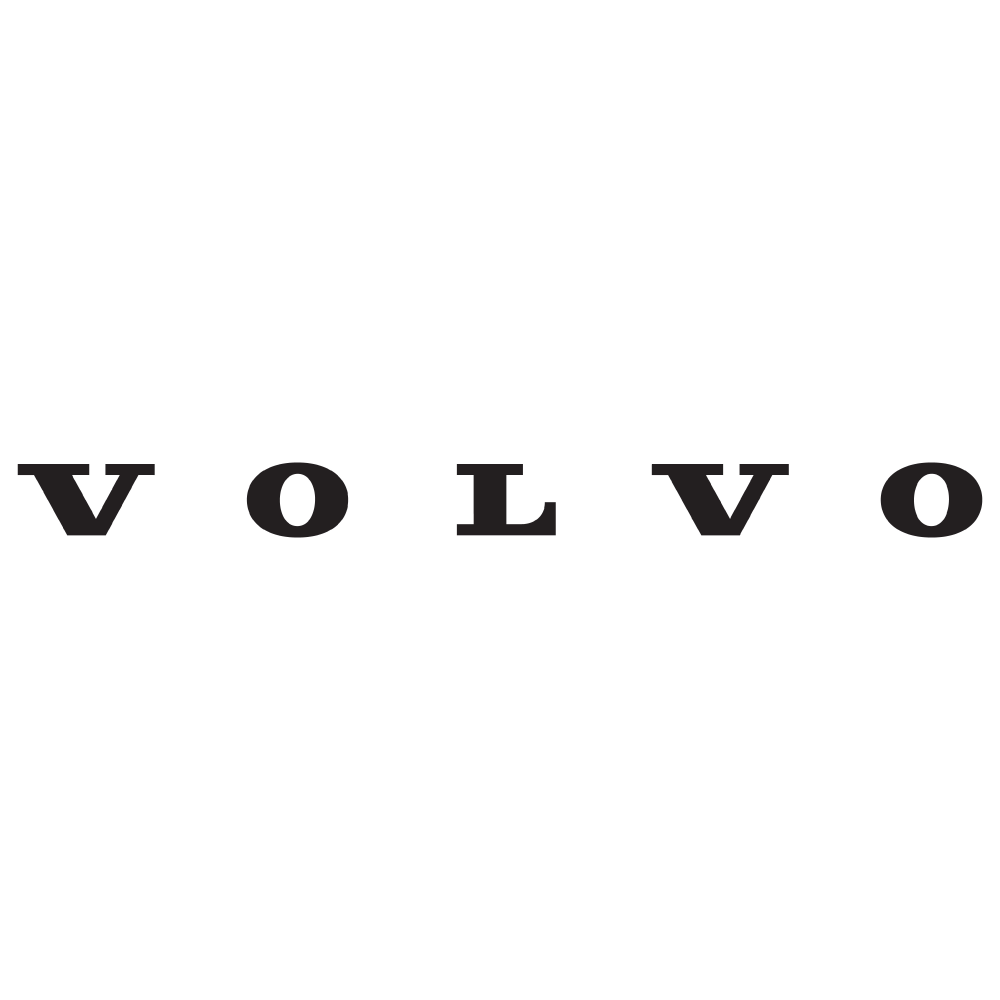AI Jain
I used to think it was obvious to spot a gorilla in a room. However, a famous 1999 experiment by psychologists Daniel Simons and Christopher Chabris at Harvard University proved otherwise. They showed participants a video in which individuals dressed in either white or black t-shirts passed a basketball. The task was to count the passes made by the team in white t-shirts. Although most participants accurately counted the passes and found the task simple, over half failed to notice a person in a gorilla suit who walked among the players, beat their chest in front of the camera, and then exited. This phenomenon, known as “inattentional blindness,” was further illustrated in another experiment where radiologists looking for signs of cancer in lung scans most often missed a deliberately placed image of a gorilla in the scans. This demonstrates how focused attention can cause obvious items to be overlooked.
Now, consider the significant details in business that we might be overlooking, and how attending McDermott’s InsurTech Summit NYC could help you stay ahead by filling in these gaps.
But also consider this: If AI isn’t the gorilla in the room, what is?
AI isn’t the gorilla in the room.
In his annual letter, Jaime Dimon, CEO of JPMorgan Chase, emphasized the bank’s robust AI initiative, detailing over 2,000 experts and 400 applied AI use cases in areas like marketing and fraud prevention. The bank has also introduced a new role, Chief Data & Analytics Officer, to enhance AI integration within its operations. Similarly, AIG sought a Data Science Manager with expertise in Retrieval-Augmented Generation (RAG). BMW employs similar technology in its Intelligent Personal Assistant to ensure information accuracy by exclusively using verified internal documents. Lemonade was hiring for a Generative AI Senior Product Manager with experience in GPT (used for applications like chatbots, automated writing assistants, and other text-based AI services), VAE (used for anomaly detection), and GANs (used for image generation). Farmers was looking for an Enterprise Architect to lead its Generative AI strategy and architecture. Additionally, New York Life’s CEO aims to position the company as “a leader in generative AI,” seeking a Director of Data Science—and there’s more where that came from.
“We’ve been employing AI for quite a number of years now, 5 or 6 years anyway,” said Chubb CEO Evan Greenberg in July 2023. “While we do not know the full effect or the precise rate at which AI will change our business — or how it will affect society at large — we are completely convinced the consequences will be extraordinary and possibly as transformational as some of the major technological inventions of the past several hundred years: Think the printing press, the steam engine, electricity, computing and the Internet, among others,” said Dimon in April of this year. “I don’t know anything about AI. That doesn’t mean I deny its existence or importance or anything of the sort,” said Warren Buffett this month. Buffett’s take is more balanced. After all, having potential and recognizing potential are two different things. But Buffett knows more than he cares to admit.
GEICO is currently seeking an AI Attorney to provide counsel, strategic insights, and services concerning legal issues in generative AI and machine learning. There is also an opening for a Principal Machine Learning Scientist/Engineer in AI Services. This role involves developing and maintaining efficient data pipelines that handle both structured and unstructured data from various sources, ensuring integrity, availability, and optimization. The role also requires using NLP (Natural language processing) and generative AI to extract features from unstructured data for model development. This essentially means that adopting AI is becoming standard for modern companies, much like electricity. However, unlike electricity (to extend Dimon’s analogy), AI requires supervision. And let’s admit, ‘supervised automation’ doesn’t sound as sexy as ‘artificial intelligence.’
As a side note, ChatGPT-maker OpenAI is exploring whether it can responsibly provide the ability to generate NSFW (not-safe-for-work) content in age-appropriate contexts, such as AI-generated porn. The adage ‘sex sells’ seems applicable here. However, OpenAI’s openness may be more about profit than previously thought. For now, OnlyFans doesn’t have a reason to be concerned. After all, with 2.1 million creators, it matches the over 2 million developers that are currently building on ChatGPT’s API.
Automation.
By one view, GEICO was playing catch-up to Lemonade years ago. For context, on January 1, 2017, Lemonade announced that Jim, its claim-bot designed to handle claims 24/7, 365 days a year, had handled its first claim. Just six days later, on January 7, 2017, GEICO announced Kate, its newest bot meant to answer customer questions around the clock. Earlier, on September 8, 2016, GEICO introduced its ‘Lemonade Not Ice T: It’s Not Surprising’ commercial. Shortly after, on September 21, 2016, Lemonade launched in New York. On October 1, 2016, the GEICO Insurance Agency advised college students to brush up on Renters Insurance 101, which was, and still is, a staple offering of Lemonade. Back then, Lemonade CEO Daniel Schreiber called me a savvy observer for noticing this. Back then isn’t now, and Buffett is a lot less interested in Lemonade. “There have been a lot of public companies created in the last decade thereabouts in insurance, and there’s none of them that we would like to own, and they always started out in their prospectus saying, ‘this is a tech company, not an insurance company'”, said Buffett a year ago. Here too, Buffett may be withholding information.
In 2022, Progressive’s auto share (14.1%) surpassed GEICO’s by 0.3% for the first time in the 9 years that GEICO had steadily held the #2 spot. In 2023, Progressive maintained its position, growing its market share to 15.2%, while GEICO grew to 12.3%. By no means a tragedy as GEICO isn’t a loser and Progressive is a winner, but there’s always more than meets the eye.
A decade ago, over 32,000 GEICO employees managed 13 million policies. Today, with just over 30,000 employees, they handle around 16 million policies – it appears GEICO has become significantly more automated. Another observation: GEICO lost its second-place position in 2022 after cutting its ad budget by 35% from over $2 billion in 2021 to $1.3 billion in 2022. Progressive’s spending in 2022 was $1.7 billion, down 10% from 2021. Put differently, GEICO was managing its growth. Finally, Progressive plans to fill over 10,000 open roles this year, while over the last three years, over 10,000 employees have left GEICO; some will end up at Progressive, and some will take their car insurance policies with them. And so, analysts asking Buffett and Berkshire’s executive Ajit Jain when it will catch up to Progressive’s telematics are missing the gorilla in the room. Correction: they are missing the gecko in the room.






